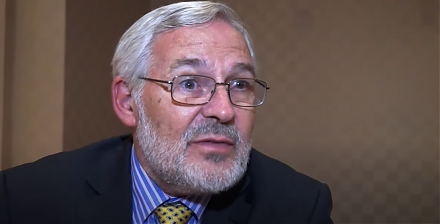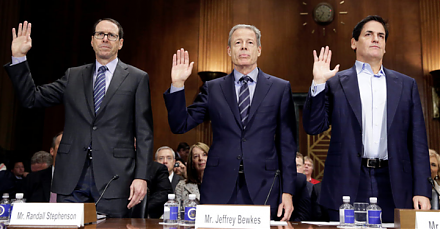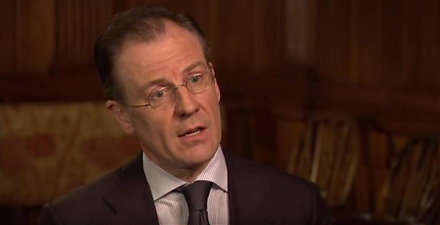

2019-01-19 12:38:00 Sat ET
treasury deficit debt employment inflation interest rate macrofinance fiscal stimulus economic growth fiscal budget public finance treasury bond treasury yield sovereign debt sovereign wealth fund tax cuts government expenditures
U.S. government shuts down again because House Democrats refuse to spend $5 billion on the border wall that would give President Trump great victory on his best-known policy. No other OECD democracy has such abrupt government shutdowns. Should the current U.S. government shutdown be about policy differences, House Democrats would try to achieve a compromise deal with the Trump administration.
Nevertheless, this congressional standoff is about presidential authority. President Trump must win this fight; otherwise, he would allow House Democrats to constrain his presidential power. A key concern is that President Trump may use his national emergency power to build the southern border wall. In this worse-case scenario, the eventual degradation of good government may continue.
In reality, the current U.S. government shutdown happens not because America is in turmoil: the country is not at war; the economy operates near full employment; and even Fed Chair Jerome Powell praises the robust economic outlook with low inflation and high productivity growth. The current government shutdown happens because President Trump needs to fulfill one of the most controversial campaign promises that his fervent followers favor. When the U.S. government reopens, both Congress and the Trump administration can revisit the comprehensive issues of border security and immigration reform without having to inflict financial pain on public employees in the specific form of furlough or work without pay.
If any of our AYA Analytica financial health memos (FHM), blog posts, ebooks, newsletters, and notifications etc, or any other form of online content curation, involves potential copyright concerns, please feel free to contact us at service@ayafintech.network so that we can remove relevant content in response to any such request within a reasonable time frame.
2019-10-09 16:46:00 Wednesday ET

IMF chief economist Gita Gopinath indicates that competitive currency devaluation may be an ineffective solution to improving export prospects. In the form
2020-07-12 08:30:00 Sunday ET

The lean CEO encourages iterative continuous improvements and collaborative teams to innovate around core value streams. Jacob Stoller (2015)
2020-07-26 15:29:00 Sunday ET

Firms and customers create value and wealth together by joining the continual flow of small batches of lean production to the lean consumption of cost-effec
2018-05-08 13:39:00 Tuesday ET

The Trump administration weighs the pros and cons of a potential mega merger between AT&T and Time Warner. Recent stock prices show favorable trends for
2018-09-23 08:37:00 Sunday ET

Bank of America Merrill Lynch's chief investment strategist Michael Hartnett points out that U.S. corporate debt (not household credit supply or bank ca
2017-02-07 07:47:00 Tuesday ET

With prescient clairvoyance, Bill Gates predicted the recent sustainable rise of Netflix and Facebook during a Playboy interview back in 1994. He said th